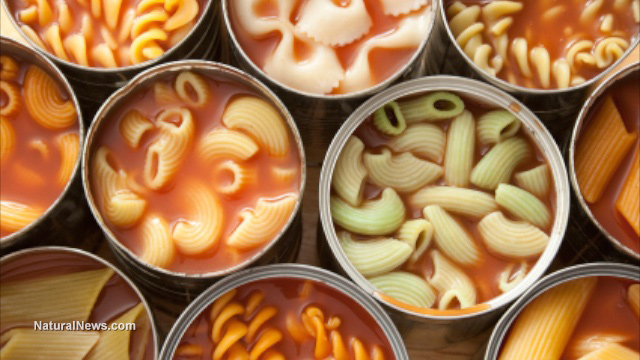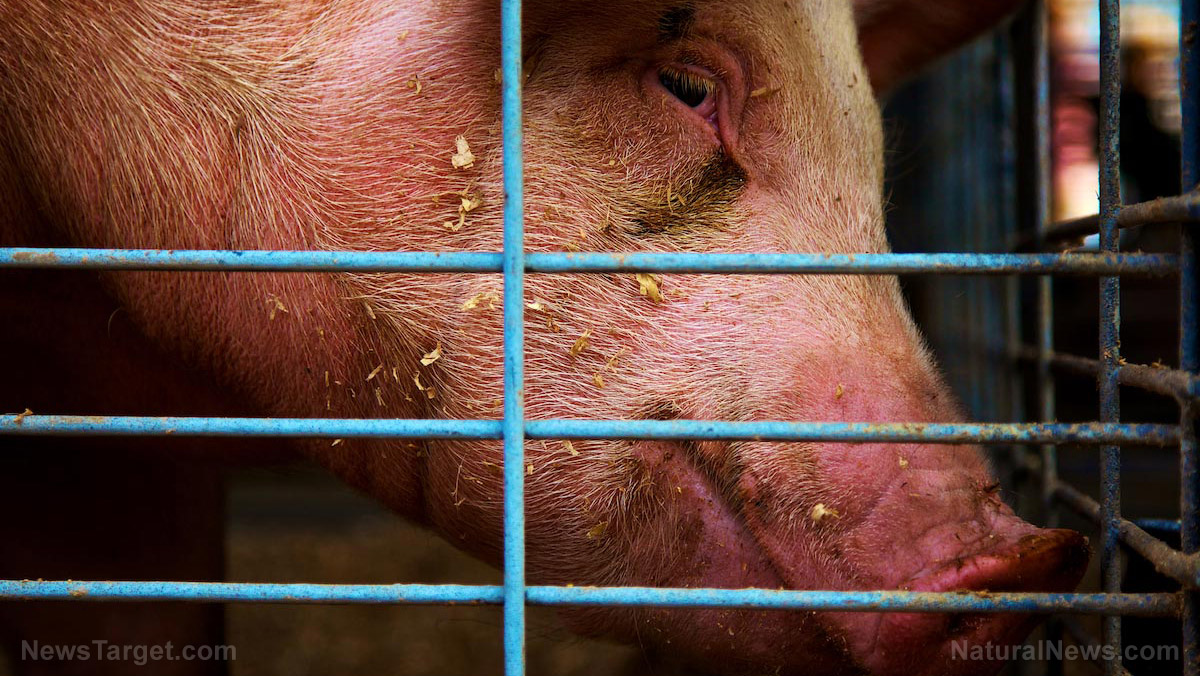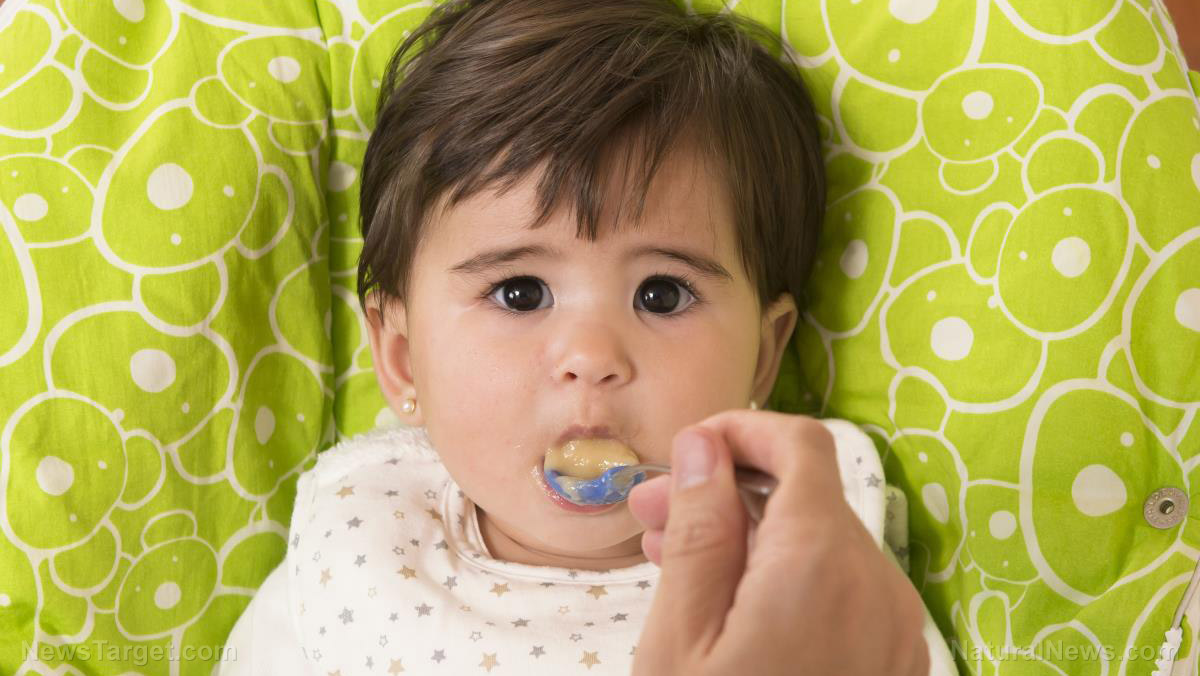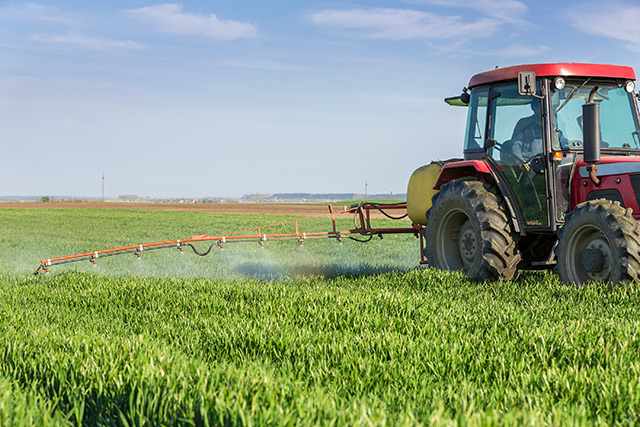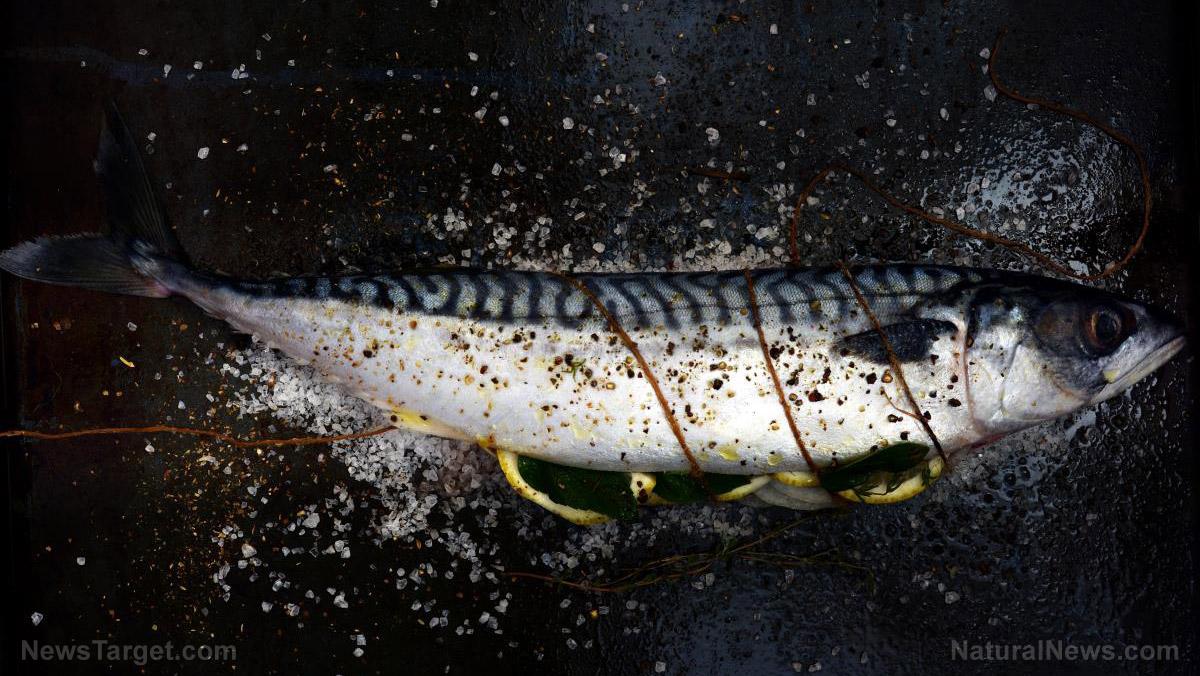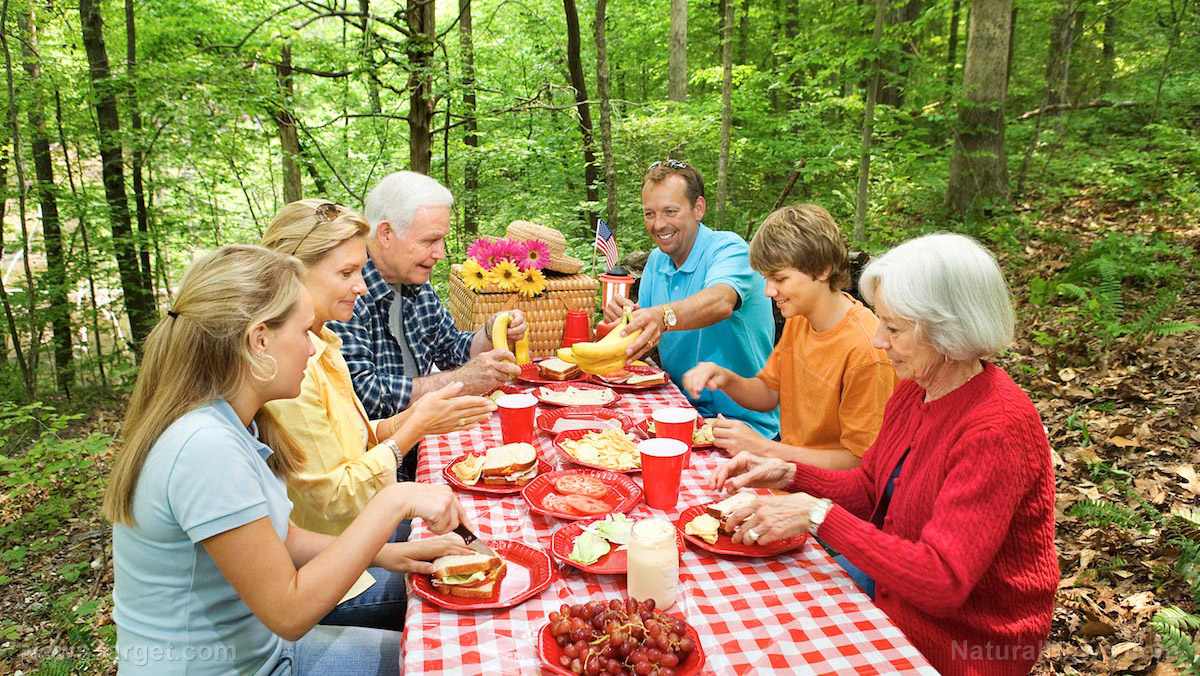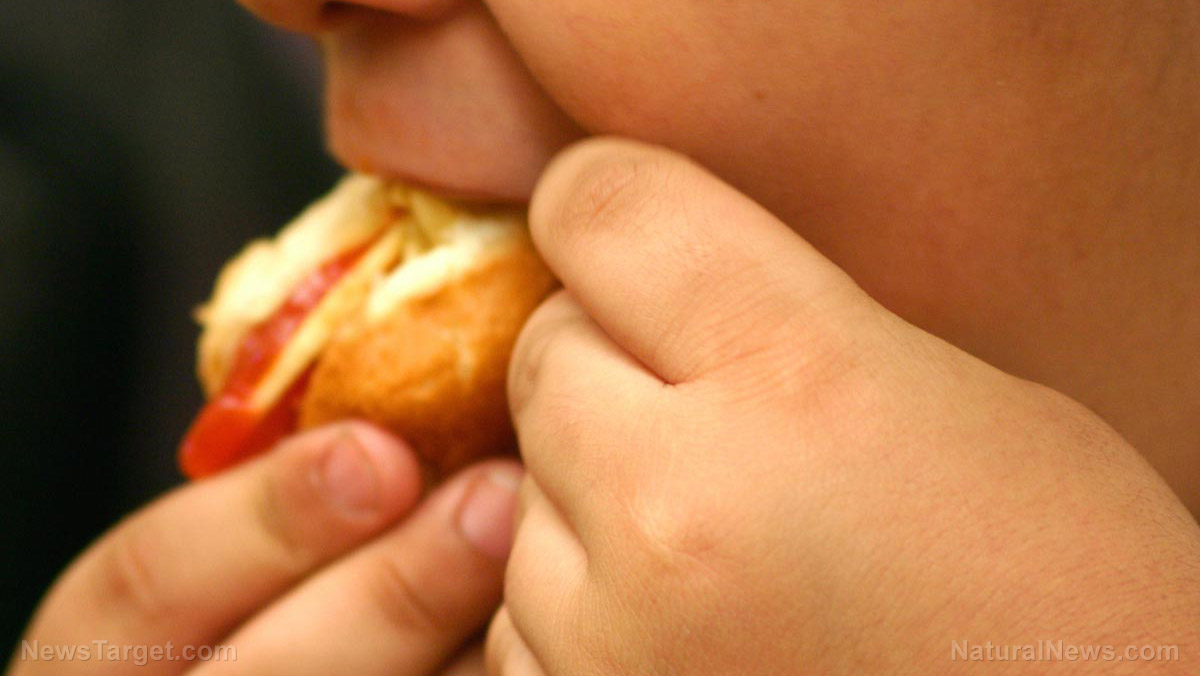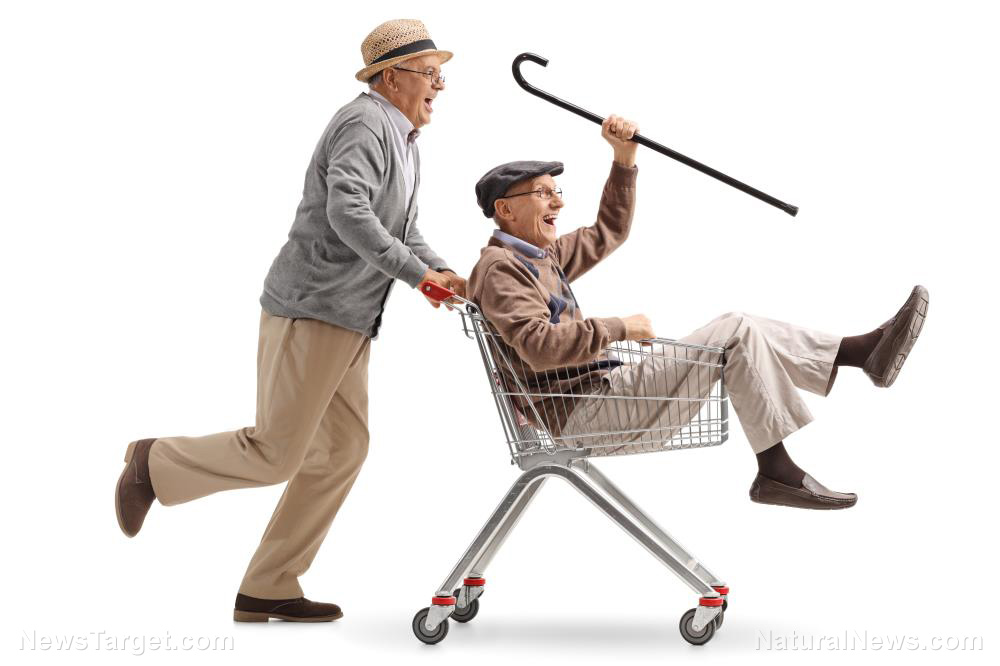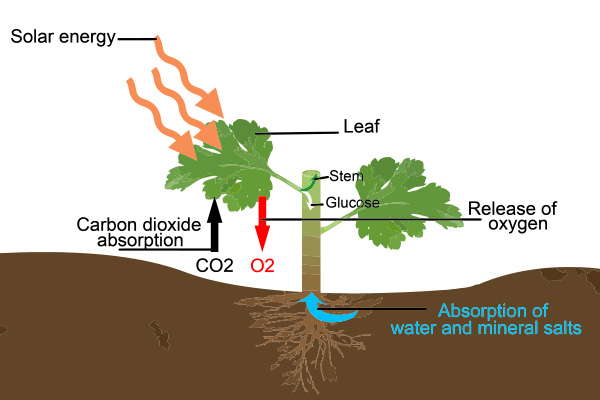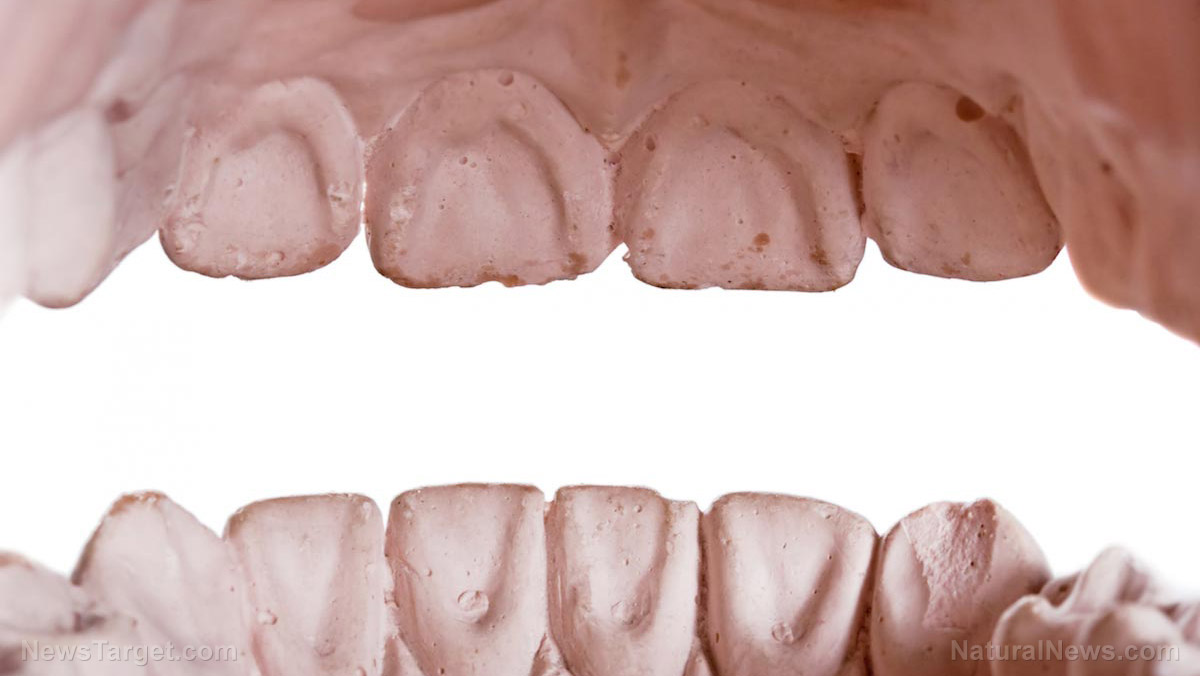Fight or flight: Why stress makes you crave carbs
07/23/2019 / By Isabelle Z.

When you’ve had a bad day, how often do you reward yourself with something chocolatey or a big bag of chips? It might sound like a rom-com cliché, but the urge for carbs can be quite strong when we’re under stress – and there’s a perfectly good scientific explanation for these cravings.
According to brain researcher and diabetologist Achim Peters, your brain uses up half of your daily carbohydrate requirements, and its most important fuel happens to be glucose. When you’re under acute stress, however, your brain needs 12 percent more energy, which is when those cravings for something sugary hit.
Because carbohydrates are the fastest source of energy for your body, they’re exactly what you want to reach for when your brain indicates it needs some energy – even if the rest of your body has plenty of energy to go around.
In a study of 40 subjects, the participants were asked to give a 10-minute speech in front of strangers, which is a stress-inducing activity for many people. In another session, they did not have to give a speech. In both sessions, they had their stress hormones tested and were given an hour-long food buffet.
The researchers discovered that when they gave a speech ahead of the buffet, they were not only more stressed, as you might expect, but they also ate an additional 34 grams of carbohydrates at the same buffet compared to when they didn’t have to give the speech.
Peters believes that if someone craves chocolate in the afternoon, they should go straight to the source and eat it to give their brain what it wants. Work-related stress can raise your need for energy, and ignoring it could prompt your brain to use glucose from your body that is needed for fat and muscle cells and secrete even more stress hormones. This raises your risk of heart attack, depression and stroke in the long run and makes you pretty miserable in the short term.
Rather than eating more of everything, like the stressed speech-givers at the buffet, he thinks it’s a good idea to just make it easier for your body and eat sweet foods directly. He even believes that people who crave sweets and carbs might have a stress problem rather than self-control issues. In fact, studies have shown that people who go through a lot of stress during childhood demonstrate a stronger preference for sweet foods later in life.
A Japanese study supports Peters’ claims. In the study, researchers demonstrated that a specific type of neuron found in the part of your brain known as the hypothalamus is responsible for carb cravings. How does it get set off? You guessed it: a hormone released when you’re stressed activates it, and it caused mice’s taste preferences to shift from high-fat foods to carbs instead. This explains why pastries or a big bowl of pasta sound so appealing when you’re under stress.
Could reducing stress help your waistline get smaller?
The key to weight loss for some people could very well be tied to their ability to reduce stress so these cravings don’t occur in the first place. You could consider leaving a very stressful job, or you might try to find some ways of relieving stress that work for you in hopes of avoiding triggering the carb craving cycle.
For some people, physical movement does the trick, whether it’s a full-blown workout, a few rounds on a punching bag, a walk around the block, or a few carefully chosen yoga poses. Meditation and breathing exercises are less physically demanding but no less effective; some people find that creative outlets like art, writing or music can take the edge off stress. Getting more sleep can also help.
If you constantly find yourself battling – or giving into – uncontrollable cravings for carbs, try to reduce the stress in your life. It could very well be the magical solution you’ve been looking for!
Sources for this article include:
Tagged Under: blood sugar, carbohydrates, cravings, fight obesity, food cravings, glucose, managing stress, reseach, slender, stress, stress hormones, weight loss
RECENT NEWS & ARTICLES
StopEatingPoison.com is a fact-based public education website published by Stop Eating Poison Features, LLC.
All content copyright © 2018 by Stop Eating Poison Features, LLC.
Contact Us with Tips or Corrections
All trademarks, registered trademarks and servicemarks mentioned on this site are the property of their respective owners.

